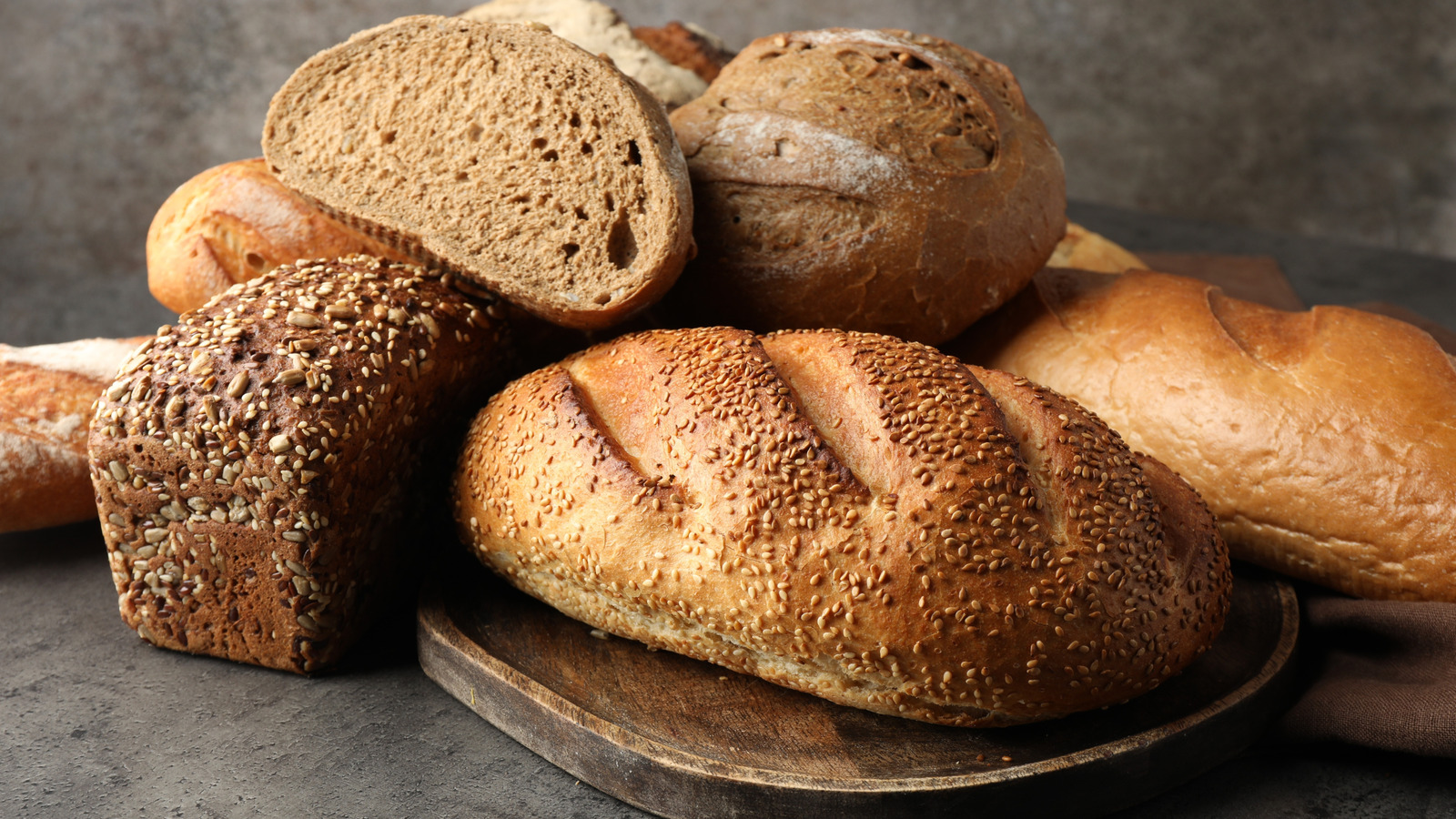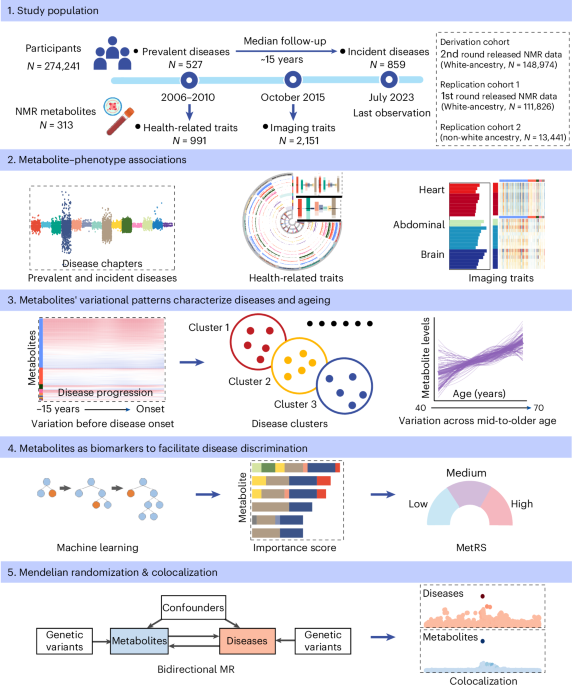Summary
Heres what youll learn in this story:
Maria Branyas Morera lived until she was 117, and some researchers say her favorite snack could have contributed to her longevity.
Your gut microbiome is comprised of the microscopic life in your digestive tract and all the things they produce. Some studies …
Source: Popular Mechanics

AI News Q&A (Free Content)
Q1: What are the key components of the gut microbiome and how do they impact human health?
A1: The gut microbiome consists of microorganisms including bacteria, archaea, fungi, and viruses that inhabit the digestive tract. It plays a critical role in various bodily functions such as metabolizing dietary and pharmaceutical compounds, controlling immune function, and influencing behavior through the gut-brain axis. The composition of the gut microbiota can affect colonization resistance to pathogens, maintenance of the intestinal epithelium, and overall health. The colon, in particular, hosts a dense microbial community with bacteria being the predominant component. [Wikipedia: Gut microbiota]
Q2: How does the gut microbiome influence the gut-brain axis and mental health?
A2: The gut-brain axis is the biochemical signaling between the gastrointestinal tract and the central nervous system. The gut microbiome influences brain function by releasing chemicals like cytokines, neurotransmitters, and microbial metabolites that affect brain chemistry and neuro-endocrine systems related to stress and memory. This has implications for conditions such as anxiety, autism, and depression. Probiotics may help restore microbial balance, offering potential treatment for anxiety and depression. [Wikipedia: Gut-brain axis]
Q3: What recent advancements have been made in analyzing gut microbiome data with AI technologies?
A3: Recent advancements include the use of Graph Neural Networks (GNNs) to analyze complex gut microbiome metaomic data. These networks help derive meaningful representations of individual gut microbiomes, which can be used for phenotype prediction, such as Inflammatory Bowel Disease (IBD). This approach leverages phylogenetic relationships rather than just taxa abundance, offering more nuanced insights into gut health. [Graph Neural Networks for Gut Microbiome Metaomic data: A preliminary work]
Q4: How does the gut microbiome mediate health outcomes in children according to recent studies?
A4: A study using a novel hypothesis test approach demonstrated that the infant gut microbiome mediates health outcomes such as childhood allergies. The research showed how maternal prenatal antibiotic use influences the infant gut microbiome, which in turn affects allergy incidence by age five. This highlights the microbiome's mediating role in the causal path between exposure and disease. [HT-MMIOW: A Hypothesis Test approach for Microbiome Mediation using Inverse Odds Weighting]
Q5: What is the significance of clustering in microbiome research, and how does it impact health studies?
A5: Clustering in microbiome research helps identify subgroups of individuals with similar microbial compositions, potentially linked to specific health states or environmental exposures. A novel Bayesian semiparametric mixture model has been developed to accommodate zero-inflated data, which is common in microbiome research. This model enhances the ability to identify health-related microbial patterns, thereby improving the interpretation of microbiome data in health studies. [A Bayesian Semiparametric Mixture Model for Clustering Zero-Inflated Microbiome Data]
Q6: How does the gut microbiome contribute to human longevity, based on recent findings?
A6: The gut microbiome potentially impacts human longevity by influencing metabolic processes, immune function, and resistance to age-related diseases. Factors such as diet, lifestyle, and genetics shape the microbiome composition, which in turn affects health and lifespan. Although the exact mechanisms remain under study, the gut microbiome's role in longevity is an area of increasing scientific interest. [Tavily Search Results]
Q7: What is the role of human milk microbiome in infant health, and how is it influenced by maternal factors?
A7: Human milk microbiome exposes infants to maternal bacteria, influencing the development of the infant's immune system and gut microbiome. The composition of this microbiome varies with factors such as maternal antibiotic use, breastfeeding exclusivity, and lifestyle. These variations impact infant health by altering the bacterial communities present in the milk, which are crucial for infant development. [Composition of the human milk microbiome in the GUSTO cohort is shaped by intrapartum antibiotic prophylaxis and breastfeeding exclusivity]
References:
- Wikipedia: Gut microbiota
- Wikipedia: Gut-brain axis
- Graph Neural Networks for Gut Microbiome Metaomic data: A preliminary work
- HT-MMIOW: A Hypothesis Test approach for Microbiome Mediation using Inverse Odds Weighting
- A Bayesian Semiparametric Mixture Model for Clustering Zero-Inflated Microbiome Data
- Tavily Search Results
- Composition of the human milk microbiome in the GUSTO cohort is shaped by intrapartum antibiotic prophylaxis and breastfeeding exclusivity




